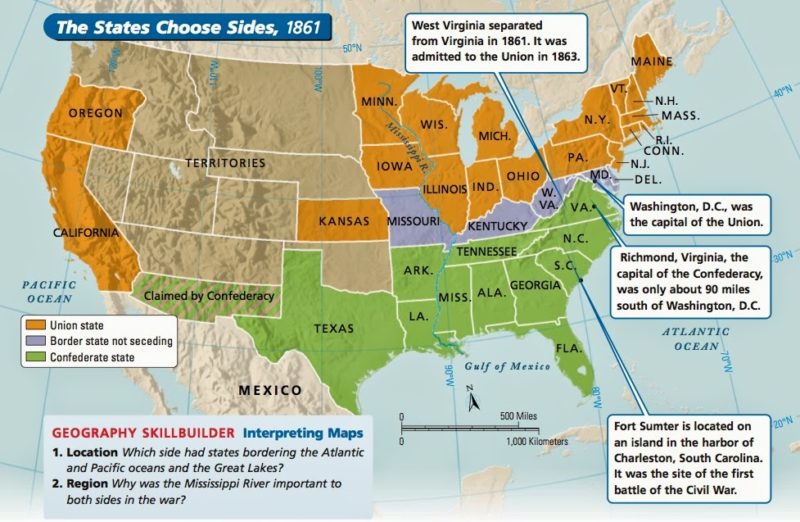What is the difference between Washington and Washington DC?
Many people living outside the United States tend to get confused about Washington and Washington DC.
The article provides information on the core difference between Washington and Washington DC.

Washington Meaning
Washington is one of the fifty-two states in the United States and it is named after the first president George Washington.
The state is located on the coast of the Pacific Ocean in the West of Idaho, North of Oregon and South of British Columbia.
The state is within the Pacific Time Zone and it is also known as the state of Washington or Washington State.
According to history, the state was originally an area of Columbia District but it was later renamed to Washington State.
The state has a population of about seven million and it is regarded as the 18th largest state in the USA. The capital city of Washington is Olympia.
Examples of cities located within Washington State are Seattle, Tacoma, and Vancouver. The economic activities in the state of Washington are timber, apples, pears, red raspberries, hops, sweet cherries, and spearmint oil.
Washington DC Meaning
Washington DC is the capital city of the United States where DC is an abbreviation of District of Columbia. It is popularly known as Washington or DC.
The city is located at the Potomac River on the East Coast of the country. This area does not belong to any state.
The city was founded in 1791 and it was named after the first president of the US. Some of the states that donated the land for the district are Maryland and Virginia.
The capital happens to be the center of Congress, the Supreme Court, and the President. It is the city for all monuments such as the headquarters of international organizations, museums, trade unions, foreign embassies, and professional associations.
Some of the popular places in Washington DC are the US capitol, White House, and Lincoln Memorial among many others.
Comparison Chart: Washington vs Washington DC
| Basic Terms | Washington | Washington DC |
| State vs City | It is a state located west of the country | It is a city located east of the country. |
| Location | Situated on the coast of the Pacific Ocean | Located on the East Coast. |
| Time Zone | Pacific Time Zone. (UTC-8) | Eastern Time Zone. (UTC-5) |
| Area | 184,827 km2 | 177.0 km2 |
| Capital | Olympia | It is the capital of the United States |
| Population | 7,061,530 | 9,443,180 |
| Other Names | WA, US-WA, the Evergreen State | Washington, D.C., District of Columbia, Washington, the District |
| Industry | Biggest Producer of timber, apples, hops, pears, red raspberries, spearmint oil, and sweet cherries | Accommodate areas of education, finance, public policy, and scientific research. |
| Climate | Varies greatly from west to east e.g semi-arid to humid | Humid subtropical climate zone |
Core Differences between Washington and Washington DC
- Washington is a state in the US while Washington DC is the capital city of the United States of America.
- Washington DC is a city with national monuments, museums, trade unions, and foreign embassies while Washington states popular for the production of timber, apples, pears, red raspberries, hops, sweet cherries, and spearmint oil.
- The time zone of Washington is Pacific Time Zone while that of Washington DC is Eastern Time Zone.
- Washington has a population of 7,061,530 while that of Washington DC is 9,443,180.
- The size of Washington is 184,827 km2 while that of Washington DC is 177.0 km2.
- Other names of Washington are WA, US-WA, and the Evergreen State while that of Washington DC is Washington, D.C., District of Columbia, Washington, and the District.
You May Also Like:
- Difference between Japanese and Chinese Eyes
- Difference between Personality and Character
- Difference between Prose and Poetry
Comparison Video
Conclusion
The core difference between Washington and Washington DC is that Washington is a state in the US while Washington DC is the capital of the United States of America.
I hope the information provided lesson has been helpful. Use the comment section and share your suggestions and views.
More Sources and References
- Washington, D.C. Britannica
- Washington (state). Wikipedia